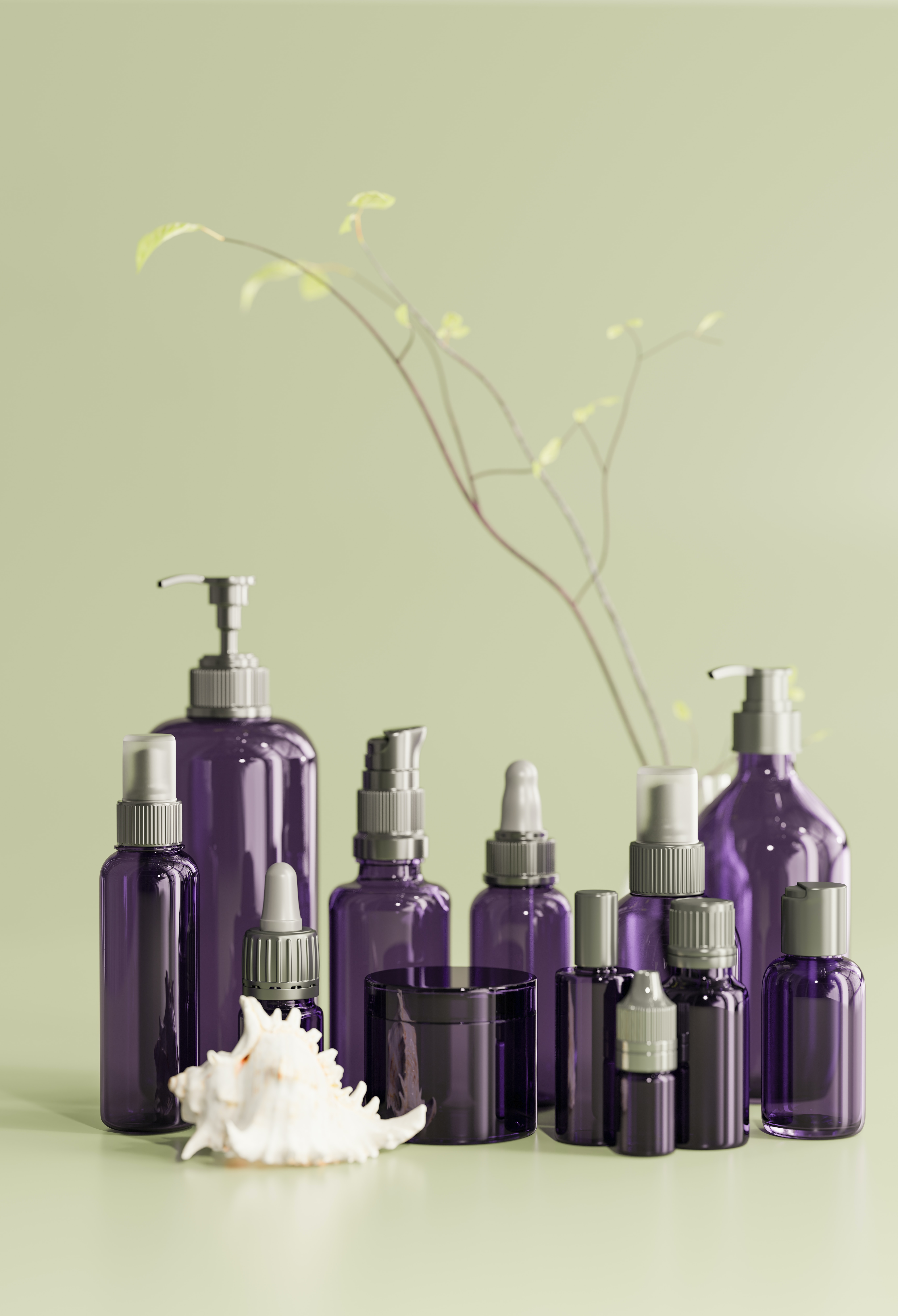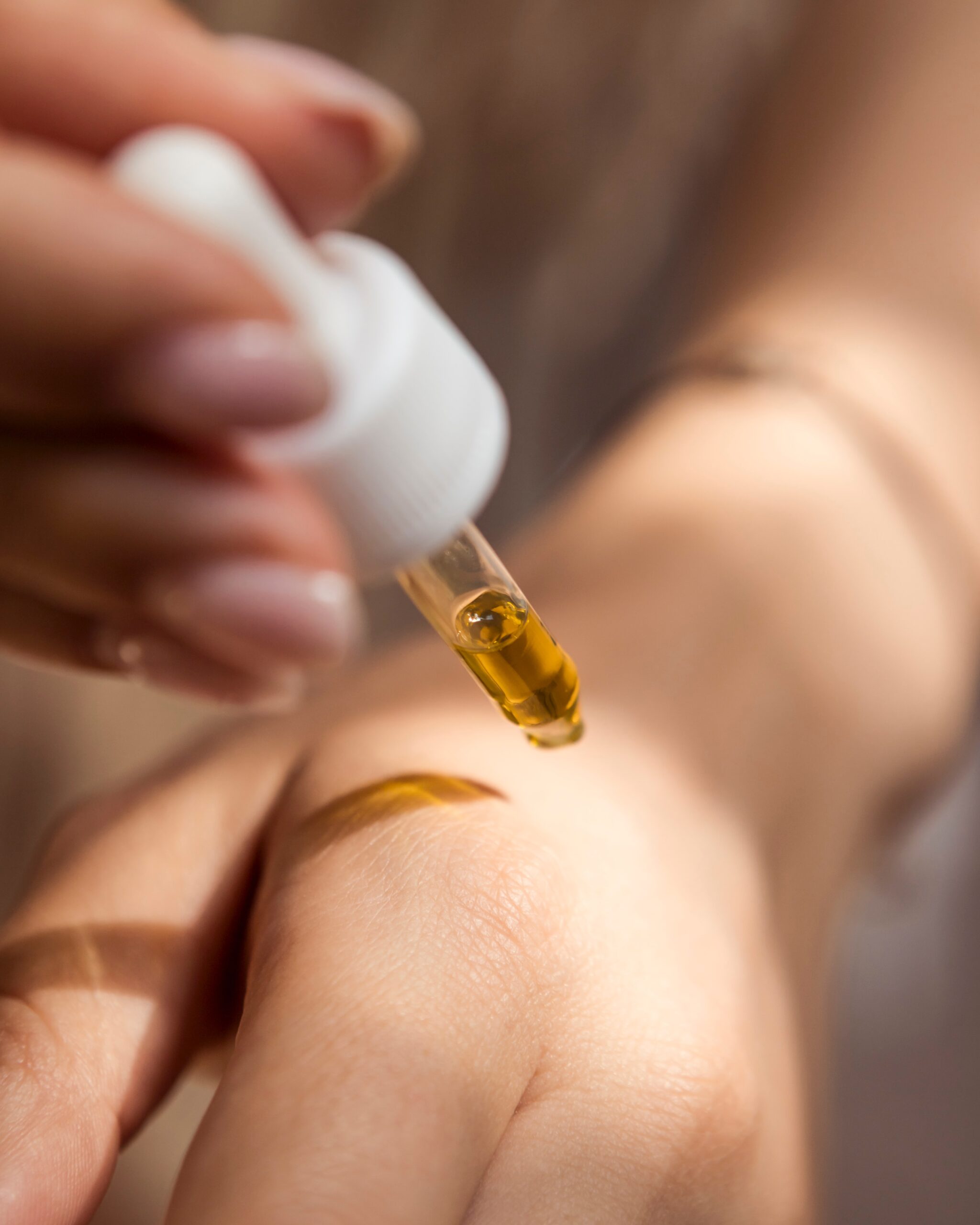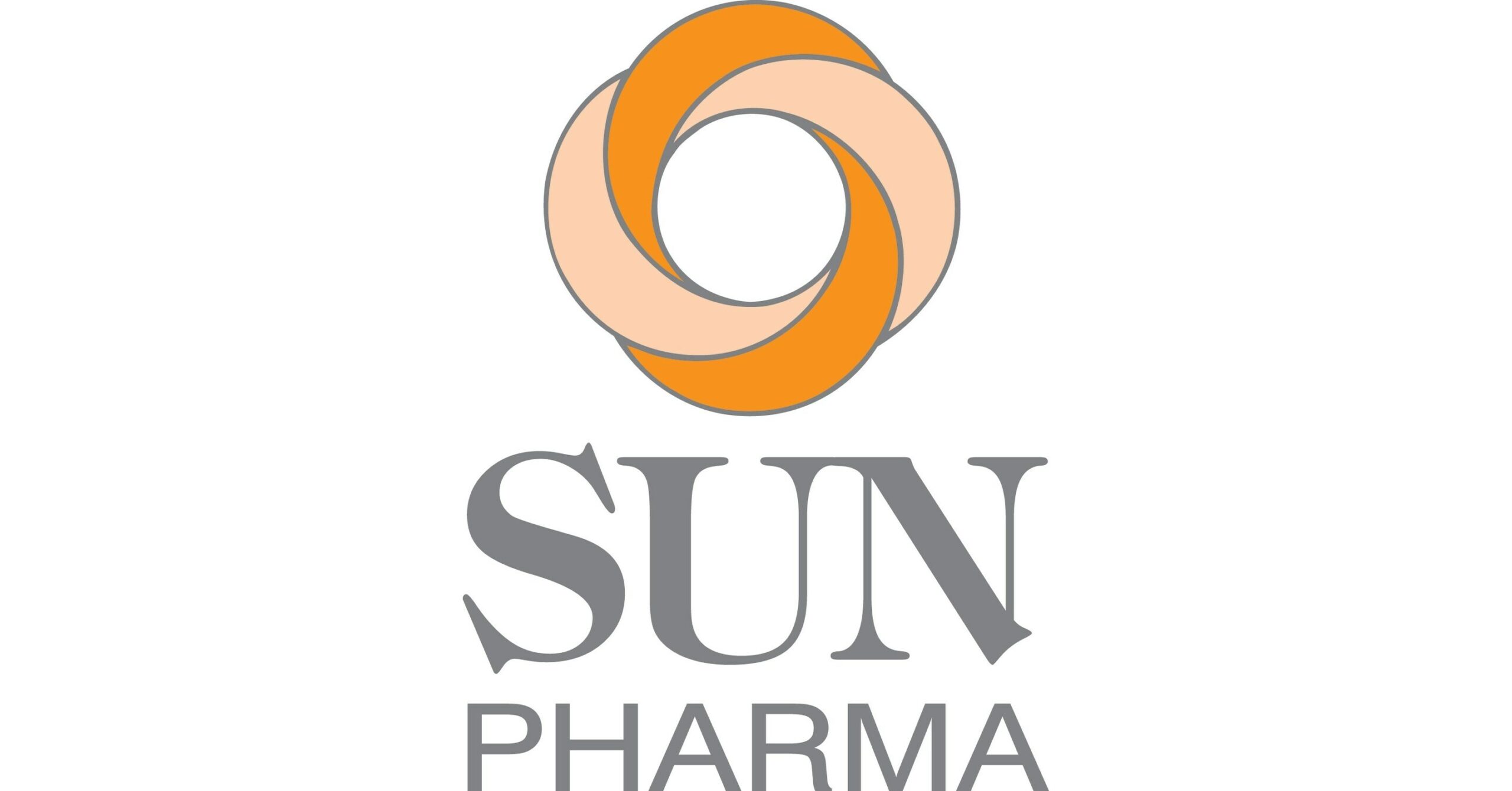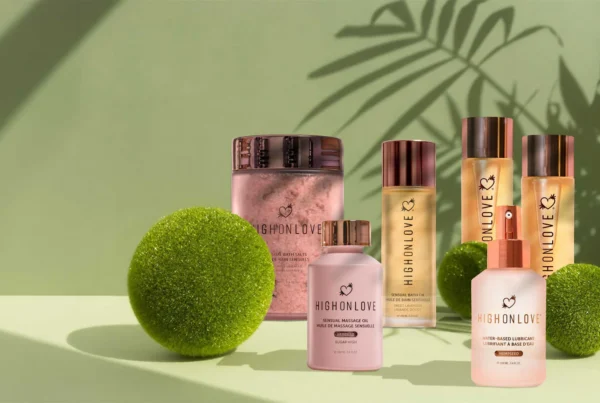By Hannah Muehlberger
Sun Pharmaceutical Industries, Inc. celebrated Healthy Skin Month® with an intimate event and panel that brings together top derms, professions, and experts, to discuss how consumers can maintain healthy skin. The AH-Ha!™ Its Acne Hormones camp aign is designed to spotlight hormones as a major underlying cause of acne, regardless of age, gender, or ethnicity. Acne is the most prevalent skin condition in the U.S., affecting up to 50 million Americans and 80% of people at some point during their lives. Sun Pharmaceutical Industries, Inc., a wholly-owned subsidiary of Sun Pharmaceutical Industries Limited (Sun Pharma), today released results of a survey revealing defeatist attitudes about treatment among people with mild-to-moderate acne, despite feelings of self-consciousness. Among the 1,003 survey respondents ages 13-55, only three in 10 reported having seen a dermatologist, suggesting that many people with mild-to-moderate acne are missing out on effective treatments. Additionally, 60% of respondents said they “just have to deal with” their acne, and more than half (54%) expressed the opinion that acne is not preventable. The panelists included Jenna Rennert, a Former Vogue Editor, and dermatologists Joshua Zeichner MD, Hilary Baldwin MD, and Renata Block PA, as well as Lindsey Watford NP, and Co-Owner Rao Dermatology Omar Noor MD.
aign is designed to spotlight hormones as a major underlying cause of acne, regardless of age, gender, or ethnicity. Acne is the most prevalent skin condition in the U.S., affecting up to 50 million Americans and 80% of people at some point during their lives. Sun Pharmaceutical Industries, Inc., a wholly-owned subsidiary of Sun Pharmaceutical Industries Limited (Sun Pharma), today released results of a survey revealing defeatist attitudes about treatment among people with mild-to-moderate acne, despite feelings of self-consciousness. Among the 1,003 survey respondents ages 13-55, only three in 10 reported having seen a dermatologist, suggesting that many people with mild-to-moderate acne are missing out on effective treatments. Additionally, 60% of respondents said they “just have to deal with” their acne, and more than half (54%) expressed the opinion that acne is not preventable. The panelists included Jenna Rennert, a Former Vogue Editor, and dermatologists Joshua Zeichner MD, Hilary Baldwin MD, and Renata Block PA, as well as Lindsey Watford NP, and Co-Owner Rao Dermatology Omar Noor MD.
While a vast majority (85%) of respondents indicated knowledge of hormones as the underlying cause of acne, 69% cited sweat as a leading contributor, and nearly one-third (30%) expressed the belief that eliminating junk food can make acne go away. More than one-third (35%) opined that squeezing or picking at pimples will help get rid of them, yet doing this may actually worsen the condition and potentially cause permanent scarring.
“Various factors may contribut e to acne, but breakouts occur when there is an overproduction of sebum (oil) caused by hormones in the skin, called androgens, which cause inflammation and bacterial growth, hence triggering acne,” added Dr. Hartman, who is the Founder and Medical Director of Skin Wellness Dermatology in Birmingham, Ala.
e to acne, but breakouts occur when there is an overproduction of sebum (oil) caused by hormones in the skin, called androgens, which cause inflammation and bacterial growth, hence triggering acne,” added Dr. Hartman, who is the Founder and Medical Director of Skin Wellness Dermatology in Birmingham, Ala.
The survey results further suggest that lingering misconceptions about acne may be fueled by misinformation and a tendency to get acne advice from search engines (45%) as well as friends and family (43%). While 40% reported receiving acne information from a dermatologist, one-fifth said they turn to social media for such information, primarily TikTok and Instagram. Of the 77% of respondents who reported having a skin-care routine, fewer than one in five characterized themselves as being “very successful” and two-thirds said they were “somewhat successful” in “mostly” preventing acne breakouts from occurring.
We decided to ask a few dermatology questions for Dr. Omar Noor to help clearer skin become more of a reality by properly using some of the treatments for acne.
Q: Is retinol more powerful in a cream formula or a serum?
A: “Powerful” is a variable statement. We know that different people’s skin absorbs retinol differently, and the formulation of the retinol plays a large factor in that. Not only the formula is a gel, cream, or serum, as a defining factor but it also depends on the company, and the way it is put together. A lot of factors play into how beneficial a retinol will be for your skin, so it’s not so much a simple answer. However, that being said, serums can have the most powerful effect when utilized in the right way; the serum is more versatile and flexible for individual regimens. When you have a regimen you can incorporate a serum in a way that is more penetrating and allows the acids to penetrate deeper into the skin to allow for a more efficacious product.
Q: What is an alternative to some of these more powerful chemicals (AHA, Glycolic Acid, Retinol, etc.) for more sensitive skin? Or is it just a less concentrated version that should be used?
A: Since everyone’s skin is different, we have to recognize that every product isn’t going to be the best for every skin type. In general, AHA, BHAs, and retinol can be irritating, so a product I recommend for more sensitive skin that can help accentuate the skin is bakuchiol. Bakuchiol is this great anti-aging, plant-based alternative while still being more tolerable to use with sensitive skin. And again, formulation is key!





